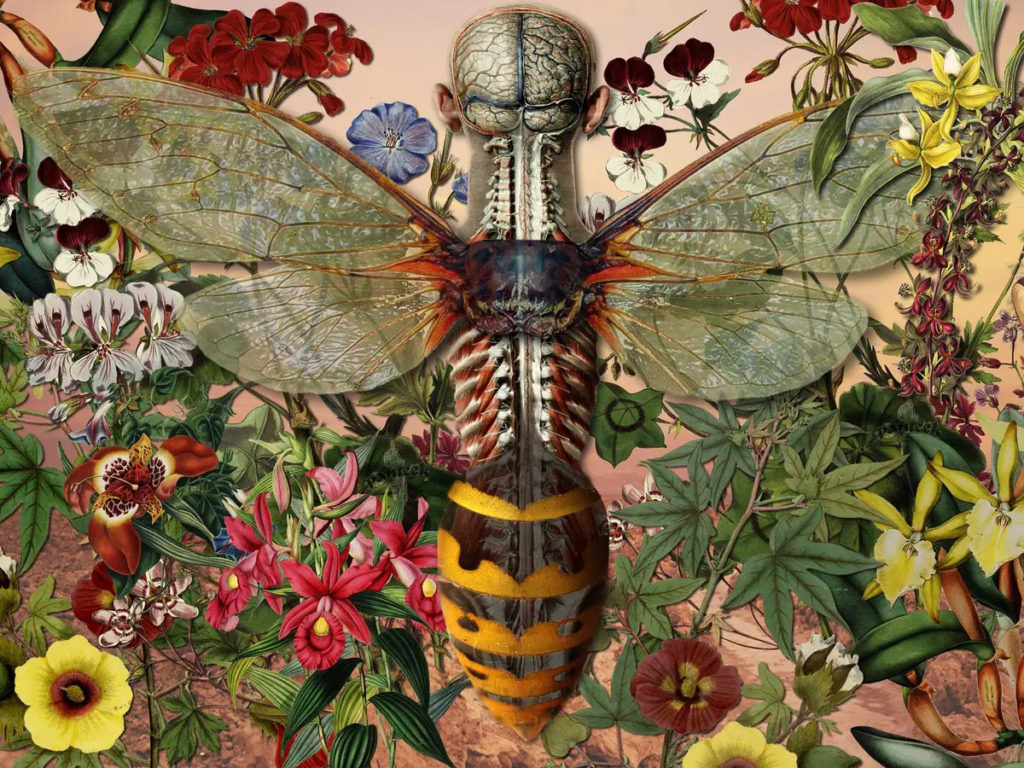
The birth of the new is the death of the old. When you grow into something more You, there is a part of you that is terrified of dying. And its fear is fully justified. Even when you are ready to take that leap of faith into a larger world, the part that you have outgrown will hold you back if it can, because it does not want to die. Death, in this case, is no more the end of all things than physical death. The same components are still there, rearranged into a new pattern, perhaps with a new element, or a few new elements.
Imagine an old machine being rebuilt with some new parts that expand its functional set. Once it has been taken apart, thoroughly cleaned, and put back together again with the new parts integrated, it will look different and have a new center of gravity. The increase in power, along with the added weight, will change its balance.
What is actually going on is a shift in the center of consciousness, away from the now obsolete configuration, focused on a new and transcendent whole. Components of the personality that used to be close to the center of identity may now be peripheral. This is not death in the definitive sense, but life renewed.
Nonetheless, the old configuration can be expected to fight for its life. The idea of sacrifice in religion is meant to make this transition easier to understand. Access to a higher power (in most religious traditions) requires that the aspirant give something up – something of value. In the most extreme case, the sacrifice is the aspirant’s own life. Taken literally, this idea leads to all kinds of nonsense; but it is a perfect metaphor for letting go of your present self – dissociating identity from Form – to emerge from the process more truly You, more gloriously, powerfully, genuinely You.
Life in the world will do this to you whether you are ready or not. When the process is extrinsic – something that happens to you, as opposed to something that you are causing to happen – it is a devastating experience. Initiating personal transformation deliberately, with clear intent and force of will, can still be difficult and painful. The difference between pain and suffering lies in consciousness. When it comes to personal growth, pain is inevitable. Suffering, however, happens when the pain is not understood. This should not be taken to mean that things happen for a reason, or according to a divine plan. It should not lessen our compassion for others or for ourselves when tragedy blindsides us. We should instead be mindful that every change is an opportunity for growth, and growth can be an intentional process. Pain, even suffering, can serve as fuel for the refining fire. By keeping our highest aspirations at the center of our consciousness, we rise from the ashes stronger, purer.
May we all meet the future with courage and grace.